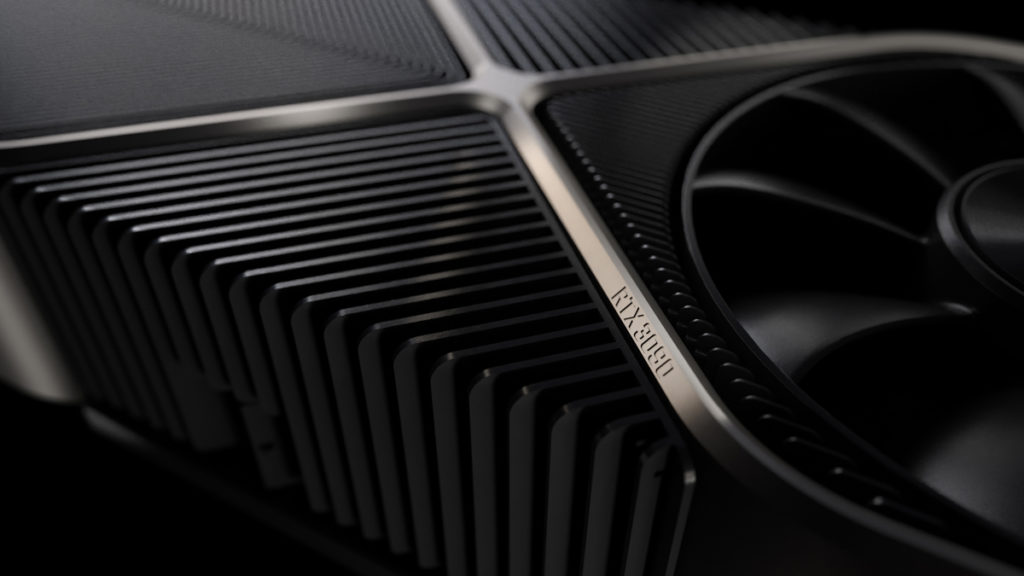That (and previous) is a mix there an analyst would say if trying to sell you Intel stock.
Hey if I didn't buy a very few Intel stocks at 52 weeks low and brought much higher i'd say the same thing.
I don't trade stock, so I can't say how one might sell it. I have, however, been watching these companies for thirty years as a tech enthusiast.
Intel has done all kinds of stuff that reeks of bureaucratic, decision by committee syndrome. Lying
to themselves about their recent process woes is one of them. So I can't say that they
will pull out, just that historically, they do, and they come back with a vengeance.
You are conveniently forgetting the original Ryzen was on not so great process, and it kept up enough.. of course what it did do was massively undercut orice per core, and give you moar cores for less money.... Just that it was moar useful cores this time.
I'm not forgetting anything, not the least including the crapshow that their first three Ryzen releases were, with only the third one really stabilizing, and only the fourth one showing nearly across-the-board minor gains for most consumer applications. Granted when the ecosystem around the third gen stabilized, I haven't really recommended anything else, but we're still not at a point where Ryzen is a good
upgrade for a top-end Intel system built in the last three or four years (or whenever the 8700K came out). Not for gaming or most consumer stuff; Ryzen only starts to make sense as an upgrade when you move into prosumer or commercial work where time and money are tightly interrelated.
The problem Nvidia and Intel have, its not any one product AMD has.. its the company they have become under Lisa Su (and hopefully more people like her are around) relentless and optimistic.
Like when a star is born, AMD is truly on the verge of becoming a mayor player... not that it hasn't been a long long journey for them.
This is really overstated. If you look at AMD holistically, you see that their platforms are regularly immature, their partner support is barely there, see the awful AMD motherboards, GPU implementations, and application support for their hardware, and their drivers take half the product's release cycle to sort out.
Compare that to Intel whose platforms are
the standard for a reason, not just on the consumer side but the commercial side; not just the Windows side, but the FOSS side as well. Intel is one of the largest contributors to the Linux kernel. You can
count on Intel support in Linux when their hardware releases, because major distributions are already shipping with kernels that have support!
Then compare to Nvidia, who is also the standard; they're better, yes, but since AMD is near-perpetually two years behind in the GPU arena, Nvidia is the only option
available. And even as Nvidia is downright reviled by FOSS'ers, including Linus Torvalds himself, they at least have up to date, stable Linux drivers!
So I'll end on a happier note, because my frustrations aren't some attempt to tarnish AMD; they're real, and they're personal. I've used AMD regularly over the decades and I've discarded them alongside Intel and Nvidia (and countless others) when they've fallen short.
AMD's current direction, dedication, budding partner support, and premier access to a leading fab are all very good signs. Just understand that they're only starting down that road and objectively, they have quite a long way to go.

